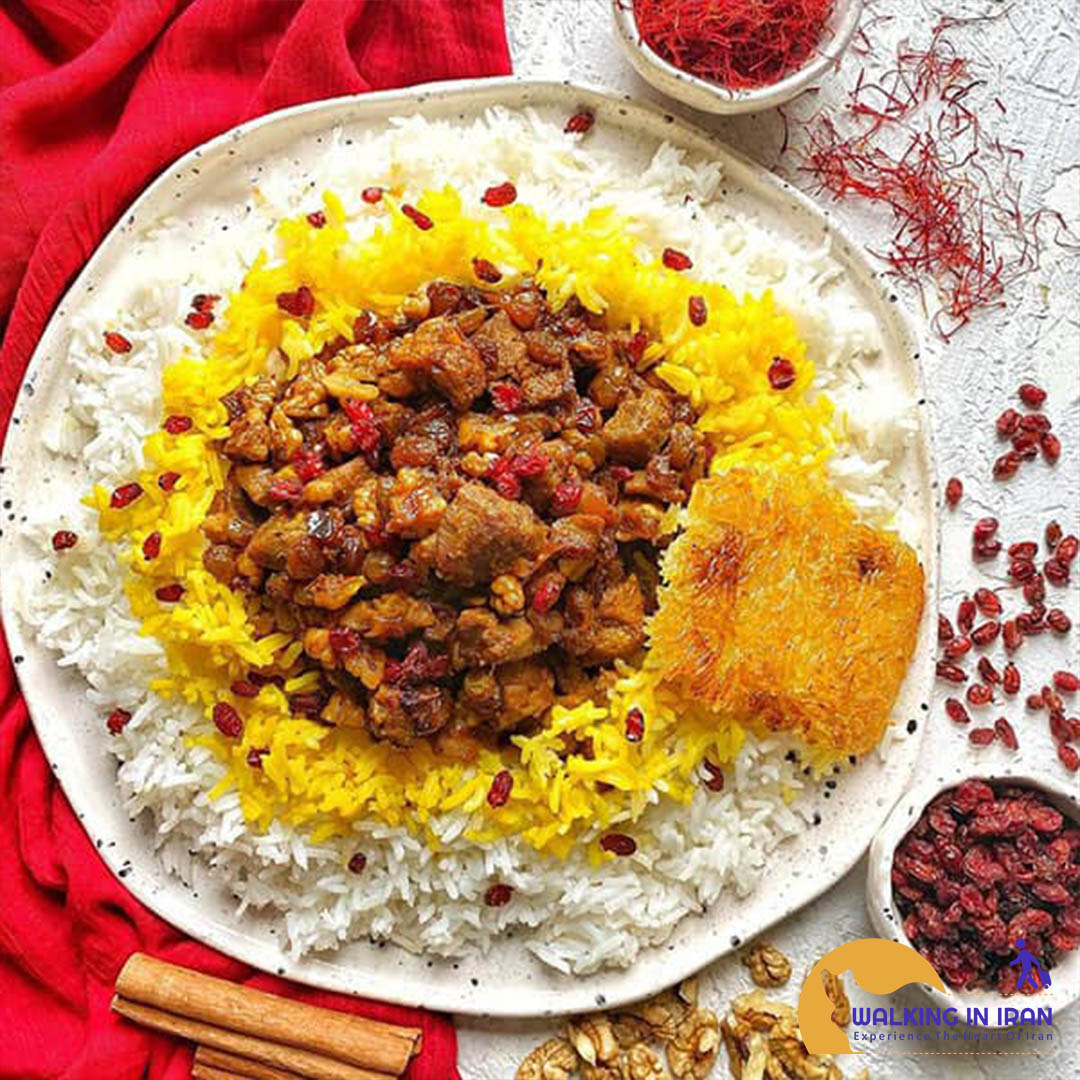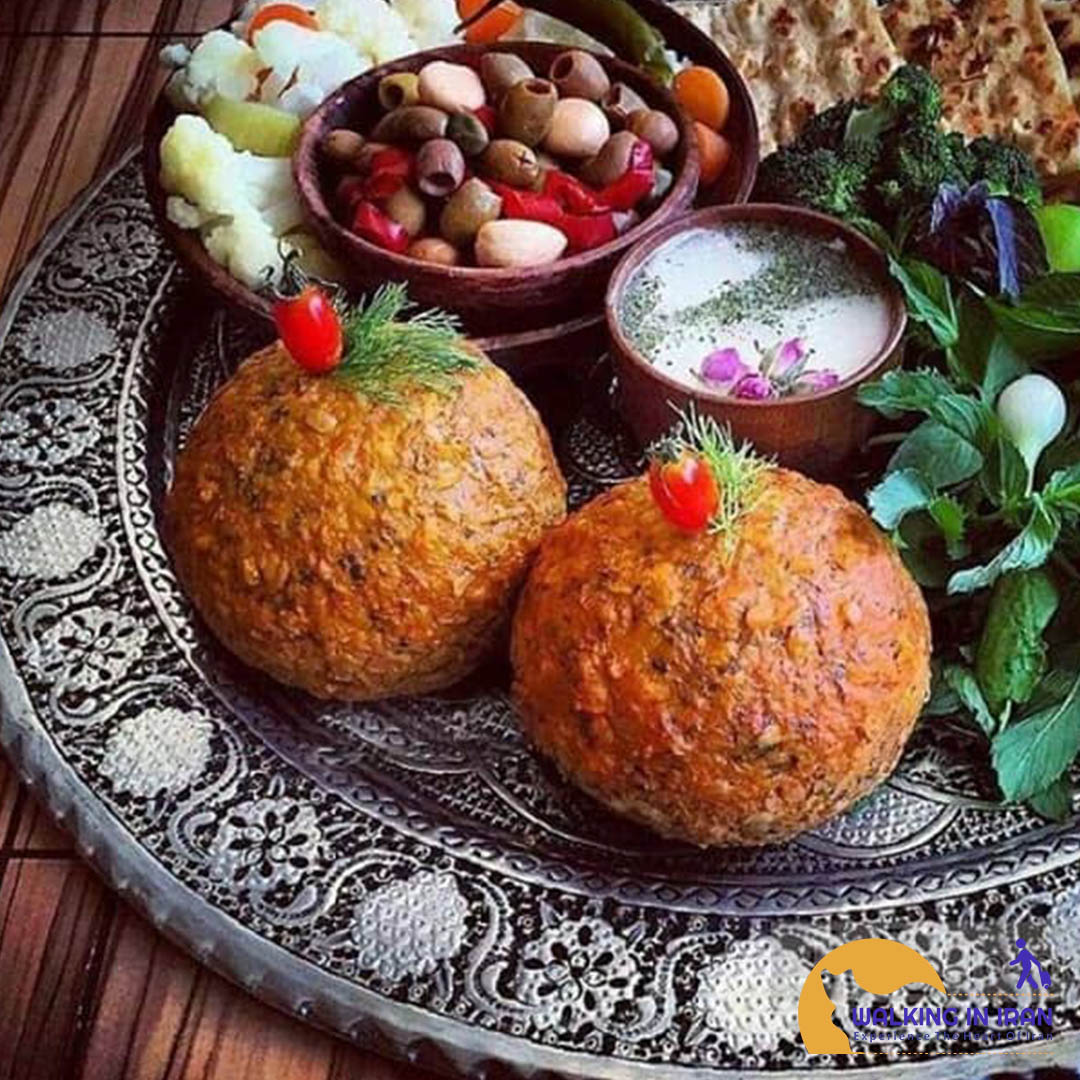The Art of Creating Mineral Pigments in Iran: The Roots of the Rainbow in the Heart of the Earth
The art of creating mineral pigments is one of the oldest and most authentic Iranian arts with roots deep in the ancient history of this land. Iranians have long been aware of the properties of colors and their impact on the human soul and psyche, and they used natural and mineral pigments to create works of art and decorate buildings and objects.
History of Creating Mineral Pigments in Iran
The use of mineral pigments in Iran dates back to prehistory. In wall paintings and pottery discovered from ancient Iranian civilizations, a variety of mineral pigments have been used. In Islamic periods, this art also reached its peak and was widely used in various arts such as miniature painting, illumination, tile work, and architecture.
Mineral Materials Used in Pigment Making
Various minerals such as lapis lazuli, red ochre, orpiment, white alum, and various metal oxides were used to create mineral pigments. Each of these minerals gave a unique and distinctive color to the pigments.
Lapis lazuli: One of the most valuable minerals for making the blue lapis lazuli color, which was widely used in miniature paintings and illuminations.
Red ochre: This mineral was used to make red color, which was used in wall paintings and building decorations.
Orpiment: This mineral was used to make yellow color.
White alum: White alum was used as a color fixative and helped to increase the durability of the color on surfaces.
Metal oxides: Metal oxides such as iron oxide, copper oxide, and zinc oxide were used to make various colors such as red, green, and blue.
Steps in Making Mineral Pigments
Extracting minerals: The required minerals were extracted from mines.
Grinding: The extracted minerals were ground into a very fine powder.
Mixing: The colored powders were mixed with binders such as egg white, animal glue, or vegetable oils to obtain the desired color.
Color fixation: To increase the durability of the color, fixatives such as white alum were used.




Join The Discussion